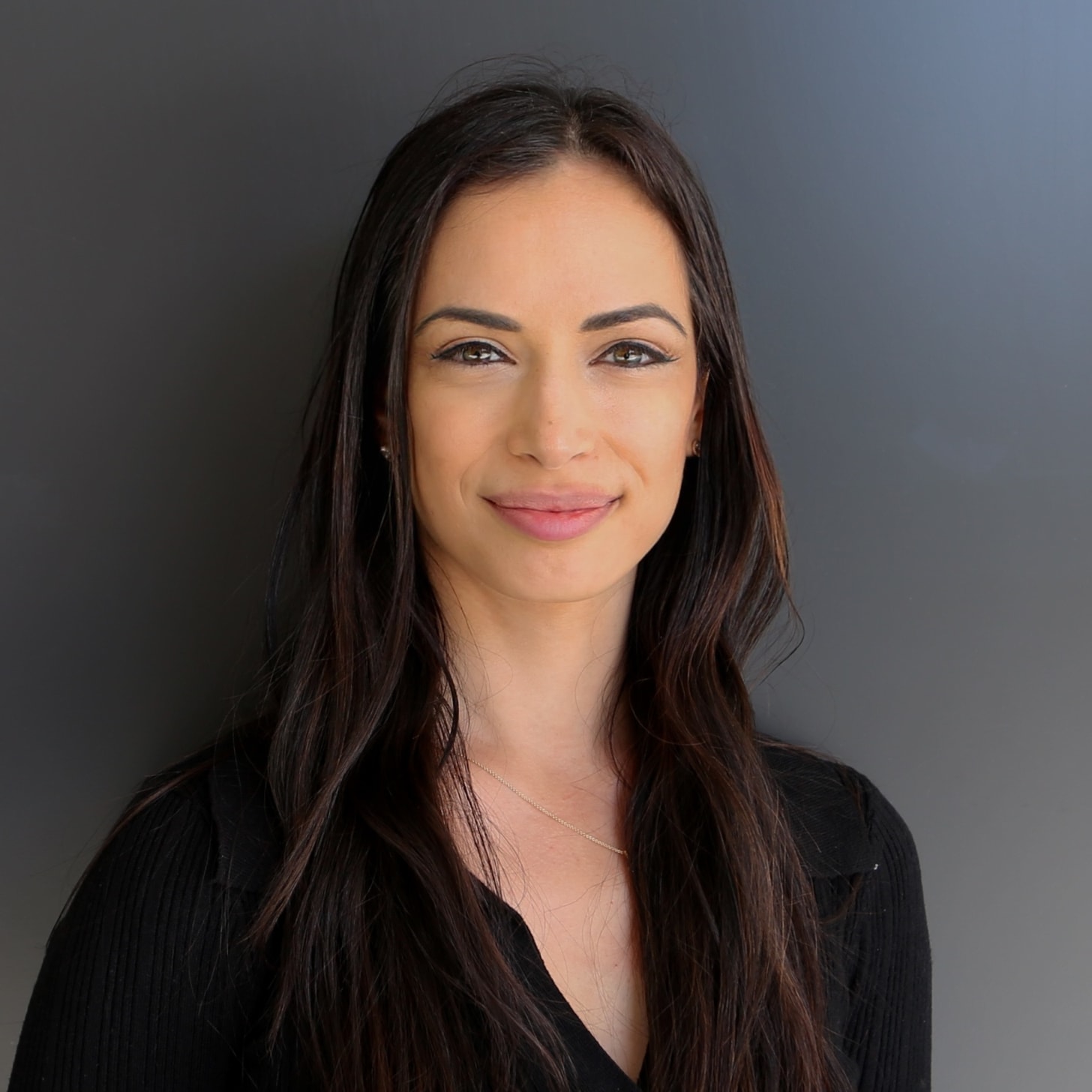UNSW Founders launches 'Exits for Entrepreneurs' program
Wait, why is an accelerator talking about exiting? 🤓
UNSW Founders launched their new Mergers, Acquisitions, IPOs & Secondaries (MAIPOS) program on 22 March to demystify exit and liquidity processes.
It’s the first-of-its-kind course created by an Australian accelerator, primarily aimed at founders from Pre-seed to Series A stages.
But why is an accelerator - which typically caters to early-stage startups - talking about exiting?
The MAIPOS program arrives at a time where the Australian startup ecosystem is maturing. The growing number of Australian scaleups now puts the Australian ecosystem ahead of industrial powerhouses Germany and South Korea.
But founders are disadvantaged by the lack of education on how to exit successfully. According to Beste Onay, MAIPOS Program Lead and UNSW Founders Investments and Portfolio Manager:
“Almost half of all exits happen by Series A, leaving many founders unprepared for successful exits when the moment arrives. I’ve seen first-hand how this can impact startups, with lots of money left on the table due to the lack of access to education currently on the market.”
Here’s Beste’s quick take on:
Why startups are unprepared for exits
What founders should know about exiting
Why it pays to plan ahead for exits, even for early-stage founders
Why aren’t startups navigating exits as well as they could?
In working with leading entrepreneurs and supporting over 400+ startups at UNSW Founders, Beste has noticed that early-stage founders are advised to focus on building their businesses without considering the exit stage - until it’s too late.
“They then struggle when it comes to exits as they lack the right tools to do so,” said Beste.
Another problem is finding the right people to learn from.
“Established founders don’t often get the opportunity to share their experiences or perspectives after having gone through the process themselves, leaving new founders unaware of what to expect when they get to the exit stage,” she said.
“Founders can put their trust in the wrong advisors too, without the right knowledge to pick the right one. It’s important to seek advice from trusted advisors and establish a core team to guide your business through the ups and downs of building a successful business”, she advised.
What do founders need to know to exit successfully - or to know if an exit isn't a good idea?
Beste acknowledges it’s important for founders to build their businesses and raise funds. But they also need be well-informed on the full cycle of the startup ecosystem including the exit stage. To prepare for exiting, she advises founders to start thinking about:
Capital market trends, including what’s valued by buyers and investors. This can be very helpful to understand opportunities, valuations, and timings.
The exit process and how to prepare for it, including learning about common challenges and pitfalls.
In terms of assessing whether exiting is a good idea, Beste advises founders to evaluate the benefits and drawbacks of an exit event.
“[This] can guide a founder on whether it’s a good idea. It will also set expectations, as an exit often isn’t an exit for a founder”.
Program takeaways
The MAIPOS program featured a lineup of high-profile entrepreneurs who discussed their experiences with exiting:
Will Davies (CEO of Uber Carshare)
Alan Taylor (CEO of the publicly listed Clarity Pharmaceuticals)
David Jones (Ex-CTO and founder of Threatmetrix, sold to to RELX Group)
Noga Edelstein (Co-founder of UrbanYou, sold to Oneflare)
Judith Mitchell (Ex-CEO of Next Science, IPO)
David Burt (UNSW Founders, Director of Entrepreneurship)
Gary Zamel (Ex-CEO of MST Global, sold to Komatsu)
Josh Wilson (Ex-CEO of Grow Super)
Karen Chan (Perennial)
Paul Tontodonati and Thomas Petrakos (Platform Advisory)
Kate Galpin and Sasha Conoplia (ASX)
Their key takeaways for founders were:
Prepare for the exit stage early, including developing key industry relationships and being aware of legal terms that may trip you up later
Don’t just focus solely on building
Organise contracts, IP agreements and other administrative documents in advance. This will save time when conversations around mergers and acquisitions happen.
Have a well-rounded understanding of your business and how it’s perceived by prospective buyers or partners. Thinking about their perspective is significant to ensure you get the best possible deal.
“We want to ensure that founders aren’t missing opportunities or leaving capital on the table, and the MAIPOS Program sets them up to achieve a successful exit,” said Beste about the program outcomes.
“The reality is that while this stage may seem far off for many founders, acquisitions happen earlier than most people think.”
For more information about the MAIPOS Program, email Beste Onay, UNSW Investments and Manager: b.onay@unsw.edu.au




